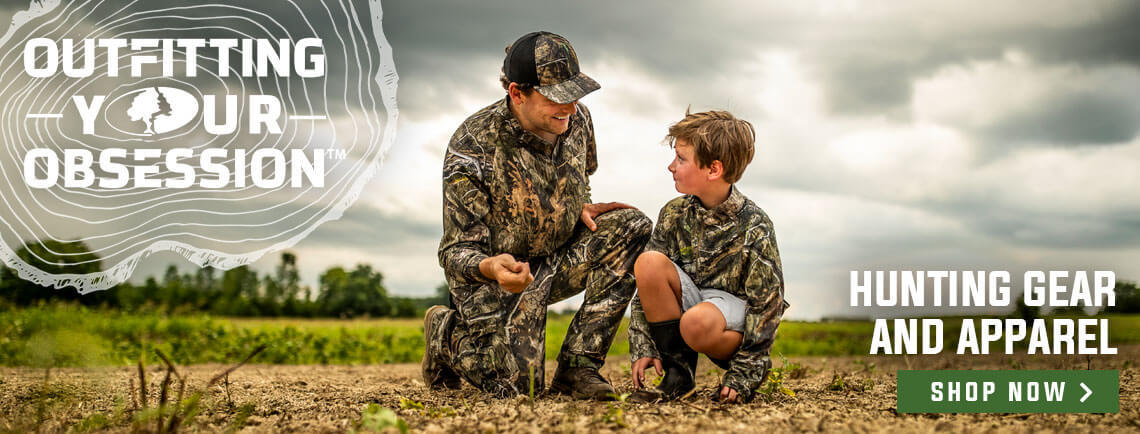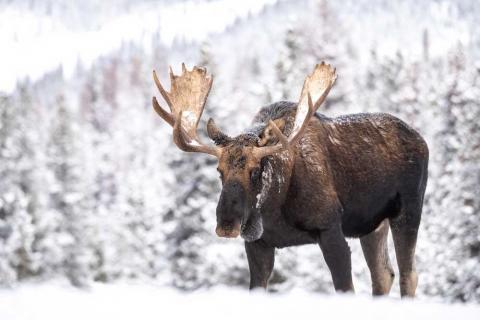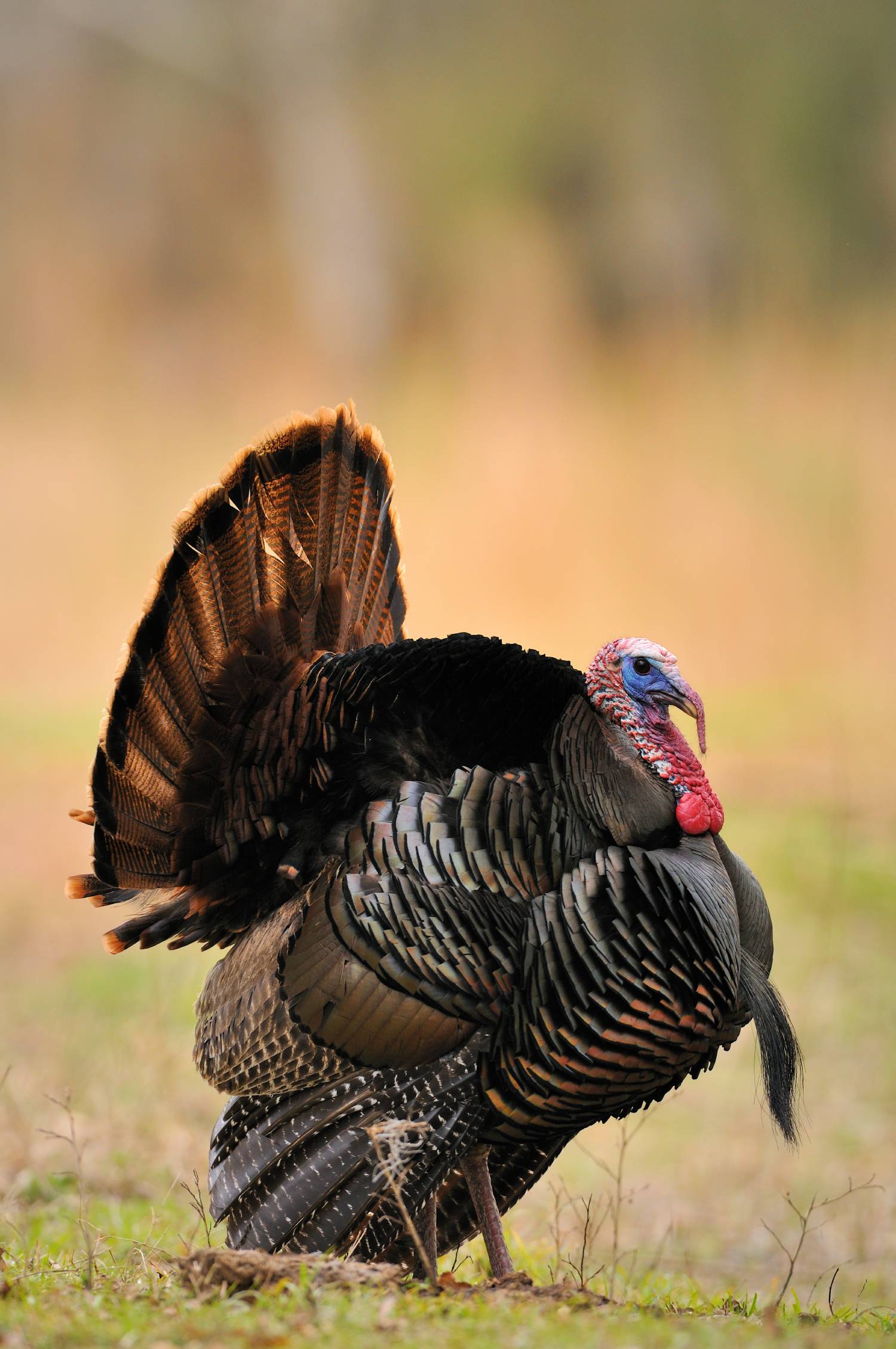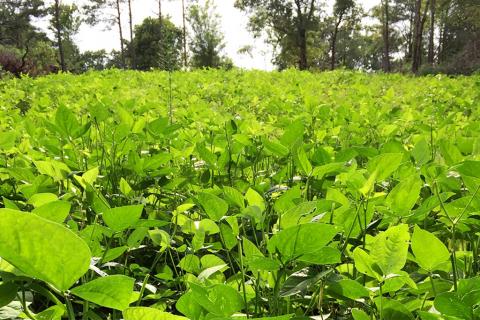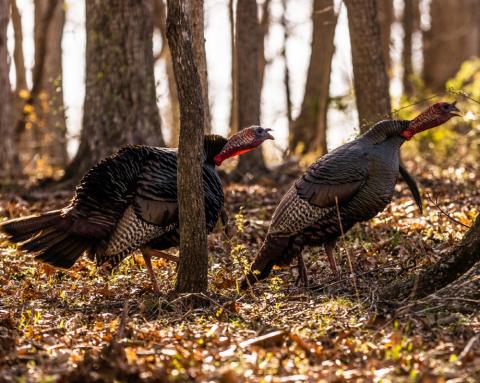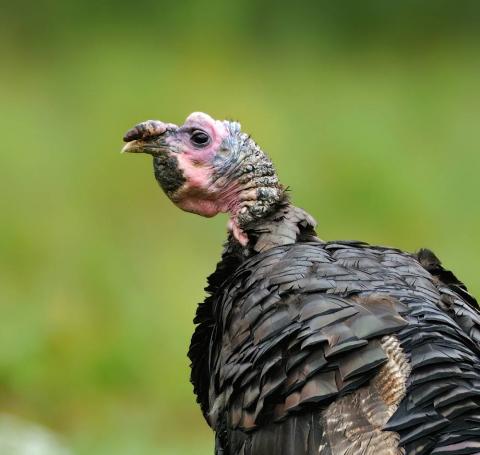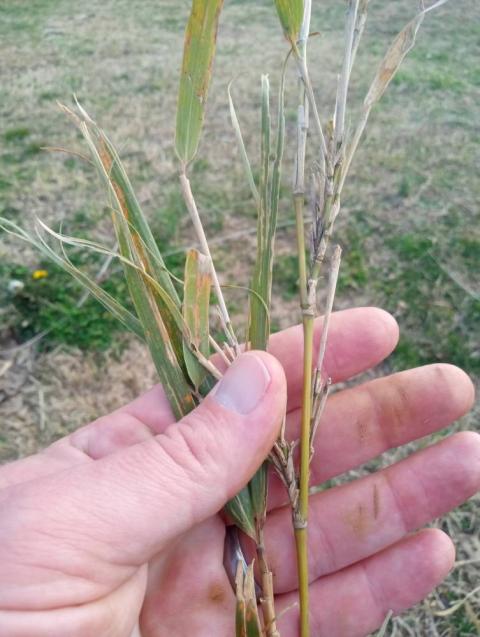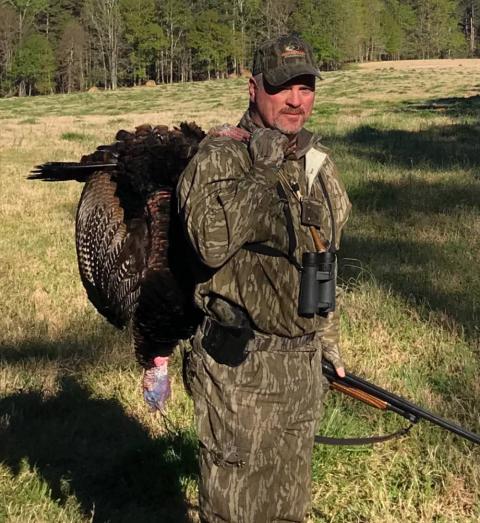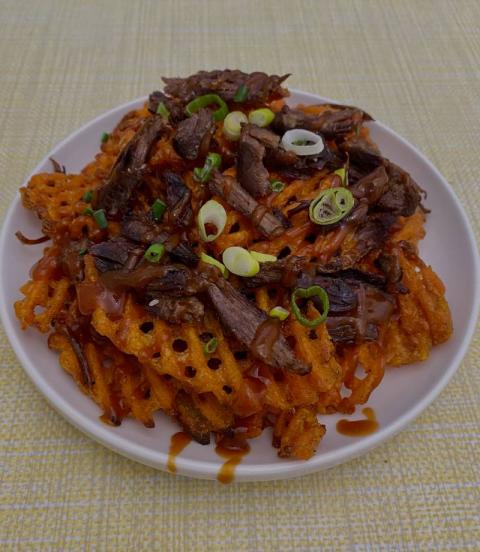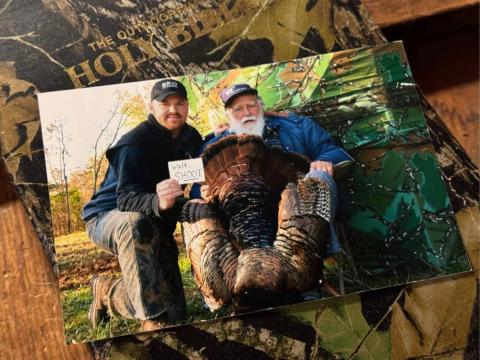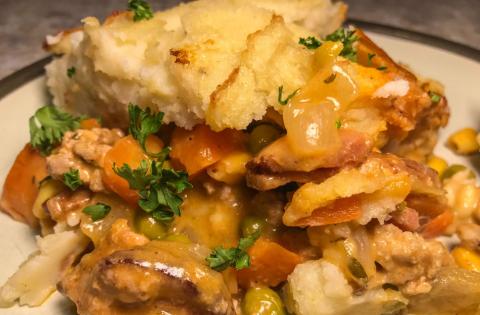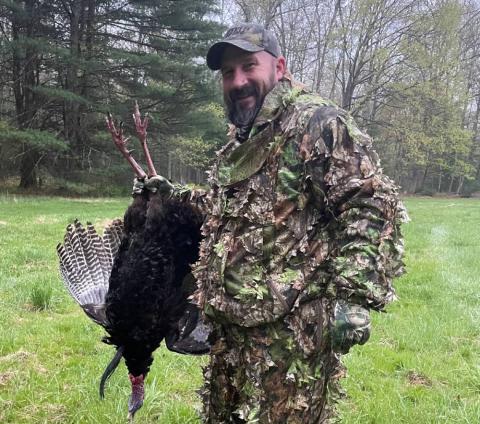Beka Garris
I think that everyone can agree that they have learned a lesson or two while spending time afield hunting. I know I have a laundry list of things that I have been taught since I started hunting, many of them important enough to help shape who I am as a person.
Most people who are not hunters would assume that the things I have learned have to do with accurately shooting a bow, how to hang a stand, tracking a deer, and the basics that come with being a hunter. However, there are other more complex things that a hunter learns that will stick with them forever. Spending time in the outdoors has a way of changing a person for the better, in sometimes unexplainable ways.
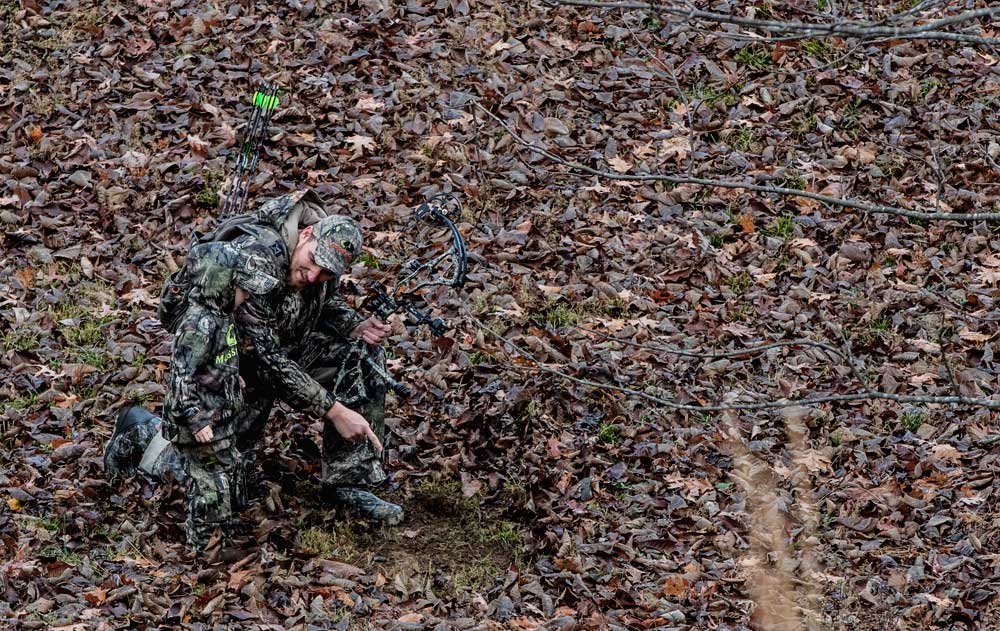
Patience
I started hunting at age 10, the legal age in New Jersey. However, I didn’t kill anything until the next year when I was 11. It was extremely frustrating to see everyone around me, including my brothers, killing deer and turkeys. I wanted more than anything to fill a tag and finally become a part of the “club.” And yet, looking back, I am actually glad that it took me a while. While it was hard for me at that age to be patient, it made me appreciate my successful hunts that much more. Looking down at the deer laying in the crisp autumn leaves, all I could think was that it was worth waiting for.
Ethics
I followed in my fathers footprints trying to be quiet as the morning fog was lifting. This was my first year turkey hunting, and everything about this morning was magical, from the gobbles at day break to the silence of the woods that followed. We came to a small clearing and my dad stopped, motioning for me to stop as well. Silhouetted against the skyline, a big gobbler roosted on a tree limb not 50 yards away. We stood there in the quiet for a few minutes, my heart pounding in my chest. My dad looked down at me and asked, “Do you want to shoot it?”
I had never heard of shooting a turkey off the roost, in my hunter’s education booklet it had been called unsportsmanlike and was even illegal in some states. As a 10-year-old who had never shot anything while hunting, everything in me wanted to say yes. But I knew that I couldn’t say yes, and I knew my dad didn’t want me to say yes. So, I shook my head no, and from my dad’s face I knew I had made the right decision.
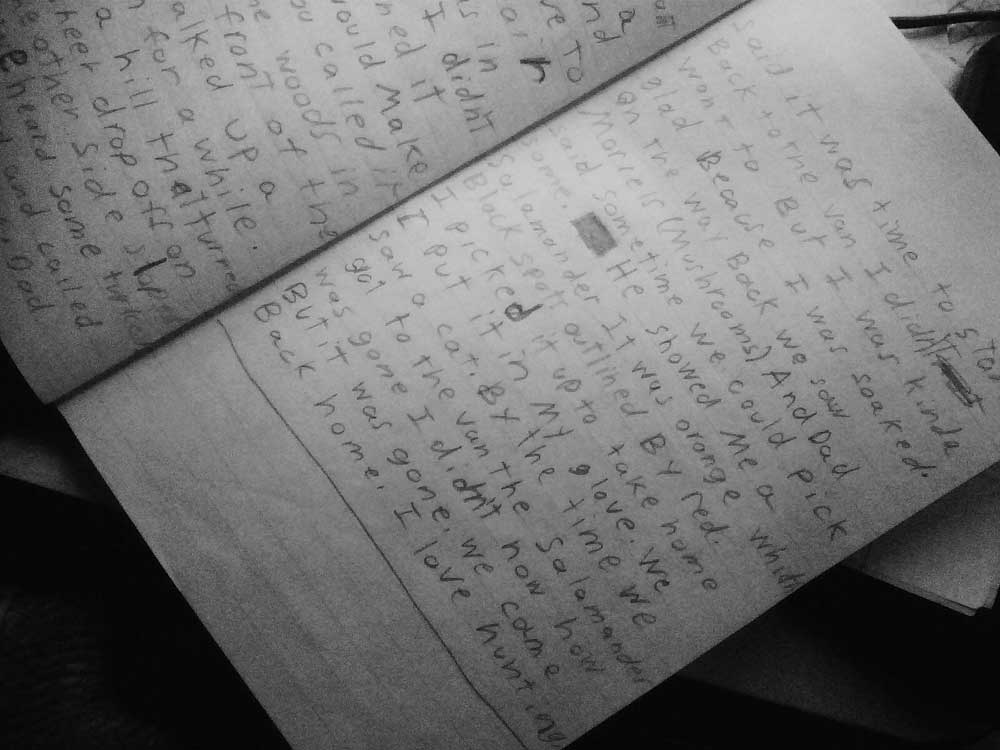
I still think of this day often, because despite the fact I didn’t kill anything that day, it was a memorable one. An aspiring writer even at age 10, I later journaled about that hunt and I still have the journal made of construction paper. To this day, whenever I’m faced with a decision of ethics while hunting, I always think back to that specific day of turkey hunting. Small moments have a bigger impact than we think.
Commitment
Although a dedicated gun hunter, I didn’t become a bowhunter until I was a teenager, and nothing can quite teach commitment like bowhunting. When you start out, you’re under the impression that it will be like gun hunting, however, it is not. Bowhunting requires a dedication and commitment like no other. As Fred Bear once said, “It requires your best.” For days I hunted, determined to get my first deer with a bow. It was hard seeing deer passing out of bow range, and when I finally got my first opportunity at a small buck — I missed. It would have been so easy to just give up, go back to being a gun hunter and the ease of longer shots and the sureness of a gun. Yet, my dad encouraged me to stick with it and I persevered. I managed to shoot a button buck that first year of bowhunting, and it hooked me for life.
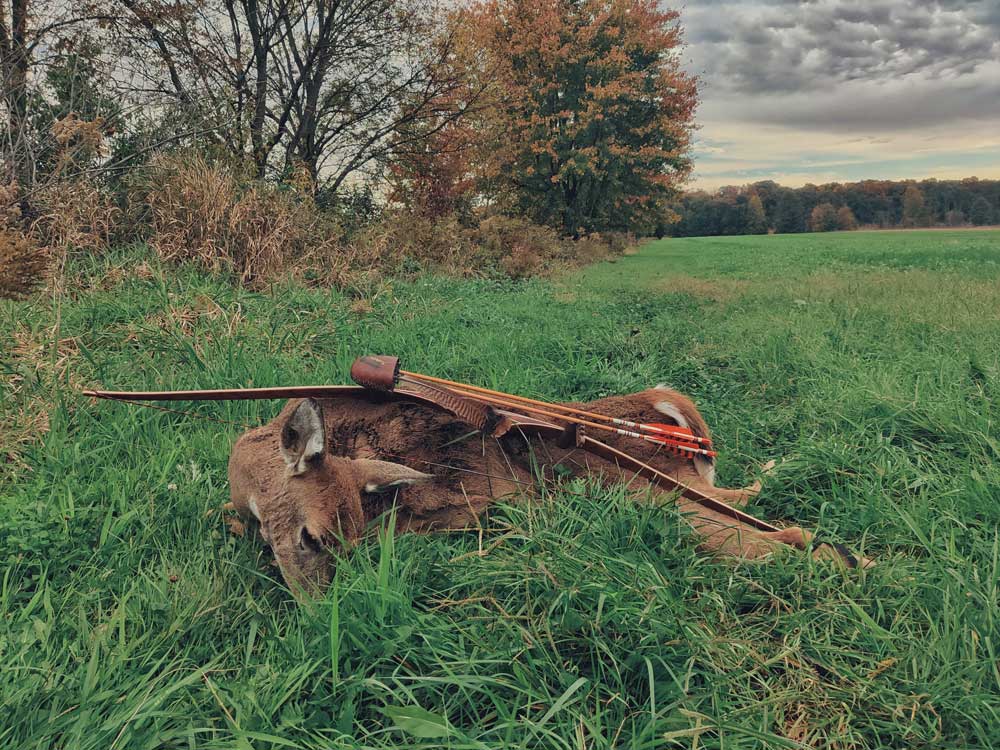
Appreciation
Hunting is about more than killing an animal, yet taking the life of a living creature is a big thing. You can’t really understand this, until you have successfully hunted something yourself. Growing up, hunting was a huge part of my life. My dad provided most of the meat we ate, and I considered it to be simply a fact of life. Yet, when I became old enough to hunt myself, I realized that there is a deeper appreciation when you’re the one pulling the trigger or releasing the arrow. The wild animals were put there for use to hunt and eat, yet taking a living breathing animal makes you pause and think about the circle of life. It is very different than going to the store and buying a steak or a rack of ribs that have been butchered and prepackaged for you. Being close to the meat you eat will give you a deeper appreciation of the animal and the process of hunting it.
There are many things that come together to form a good hunter, and I hope that one day I can continue to pass on many of the lessons I learned in the woods with my dad.

